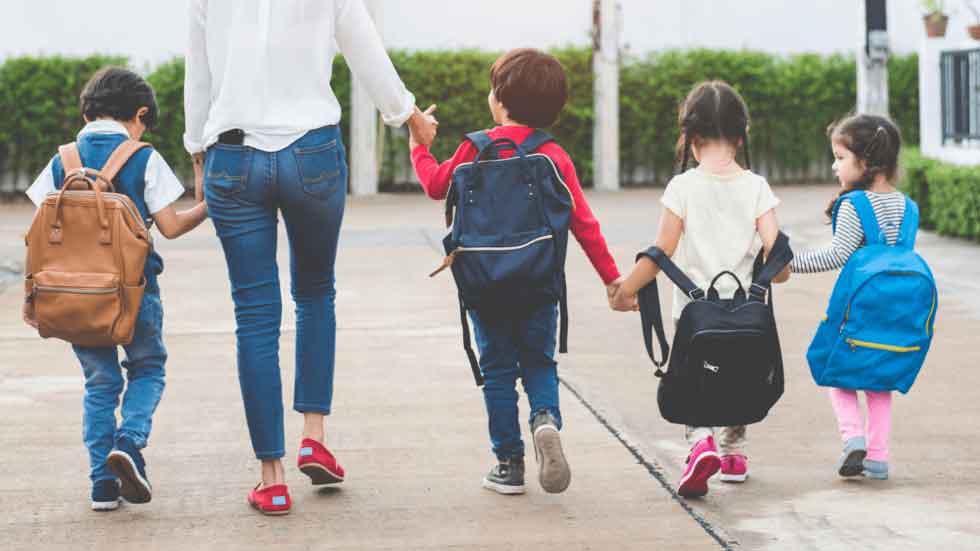As pleasant memories of blissful summer days start to fade away like a setting sun, it’s essential to acknowledge that this transitional phase often brings up a range of emotions. For both youngsters and their parents, the end of summer signifies an impending change as they prepare to dive into a new school year. In this blog post, we will explore how best to navigate this bittersweet back-to-school transition; delve into why it’s okay to feel sad amidst a new phase in life, and provide insightful tips on managing anxiety when faced with the uncertainty of the upcoming school year.
1. Acknowledging and Validating Emotional Responses:
The shifts associated with summer’s end can bring about a variety of unhappy feelings, including sadness and anxiety. Acknowledge these emotions as normal reactions and vital parts of the human transition process. Remind yourselves and your children it’s okay to experience a mixture of excitement and apprehension that comes with starting afresh.
2. Encouraging Open Conversation:
Maintain effective lines of communication within the family unit. Creating a safe and open environment wherein both students and parents can raise their concerns fosters better mental health. Through dialogue, share your own experiences with coping strategies and highlight successful school transitions from the past.
3. Establishing and Returning to a Consistent Routine:
Ease the adjustment process by gradually re-establishing regular routines nearer to the start of the school year. Having consistent bedtimes to aid a healthy sleep schedule while maintaining approximate meal times helps create structure and minimize chaos. Engaging in academic tasks like reading or practicing a musical instrument now will help curb the anxiety associated with abrupt resumes of daily work later.
4. Gradual Transition to School Supplies:
Teamwork within a household will work on preparing for the new school year. Begin acquiring the necessary supplies but blend it with leisure shopping activities, e.g., new books or stimulating puzzles. By adding a component of fun while meeting practical requirements, students can associate back-to-school tasks with excitement instead of anxiety.
5. Managing Anxiety for Parents and Children:
Openly discuss the potential apprehensions about returning to school and address them separately. Parents can take mock school trips to bus stops or schools to alleviate anxiety, while mindfulness techniques such as deep breathing exercises or progressive muscle relaxation techniques may prove helpful in reinforcing relaxation practices amidst feeling stressed. Additionally, provide opportunities for exercise and creativity to aid in uplifting internal tensions.
Conclusion:
The transition from summer break to a new school year can pose mental and emotional challenges for both students and parents alike. It is important to prioritize understanding, open communication, and normalization of emotions experienced during change. By setting consistent routines at home, engaging in gradual transitions, and addressing anxiety, a calmer and more confident charge toward the school year and embracing new possibilities can ensue.
Lets Connect


